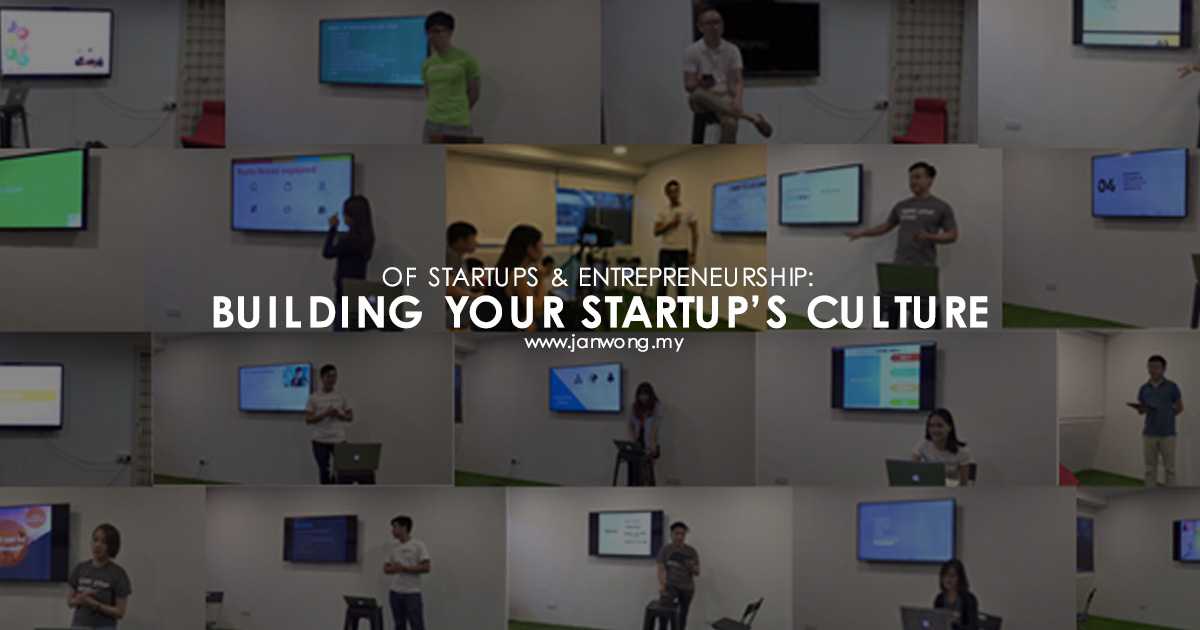What is Company Culture?

Company culture is one of the most talked about topics but also the most elusive and challenging to introduce, build and sustain over time. In fact, it is also a much talked about topic among startups and even corporates today in hopes to attract and retain talent.
But what exactly is company culture? Many think it’s about the working environment, flexible working hours, bean bags, ping pong tables, unlimited snacks, and so on but is that really it?
While OpenMinds is known for 25-category (and growing) perks, flexible hours, transparency and flat communications, we realized that there’s more to culture than just creating a fun and productive working environment; and it is definitely more than a few polished statements inside a company handbook or in a fancy frame on the wall.
Culture is people.
Just as how you experience different cultures in different countries, people is the best reflection of culture and the best way to see if a company’s culture is practiced is to speak with the team. A team that lives the culture believes in the company’s cause and practices it naturally. And the only way for this to be achieved is for your team to know how can it be practiced in a real environment.
To do: Make sure your team understands the underlying whys and hows of the culture set. Empower your team to champion conversations and be active in practicing them.
Culture is education.
People forget, and that is okay. It takes time for people to build habits, especially if it’s something out of their usual. However, it’s also you and the team’s role to actively remind each other on what needs to be practiced through conversations. It is important to create an environment where culture is not seen as a disciplinary action but instead, something where the people decides to build.
To do: Practice makes permanent. Find ways to talk and practice culture regularly. Start from onboarding or even during the final interview. Use your culture to inspire, present use cases, show results, commend best practices and get your team involved in the process.
Culture is organic.
It is important to recognize that culture evolves over time and it is only normal. With changing technology, lifestyle demands and industry movements, the people’s and the company’s needs change. This means that what you have set out to be 3 years ago may no longer be relevant. Sure, there are companies that managed to retain their culture for decades (or even a century) but really, there are only a handful doing so that they too are facing the challenge today.
To do: Understand why some cultures are not being kept and don’t be afraid to change. Is it because of a change in needs or it’s simply laziness? Get to the root and decide if a realignment is needed.
Culture is aligned to your goals.
A common observation among different company cultures is that they usually do not align with the company’s goals. It is usually created to be inspiring and vague (or disciplinary), causing it difficult for the team to relate to what the company is trying to achieve. And that’s a problem right there – a culture that only inspires without tangible output will be easily forgotten.
To do: Regularly check if your culture is helping the team to meet goals or is it slowing down productivity.
Does your company have an interesting culture to share? I would love to hear from you too!
